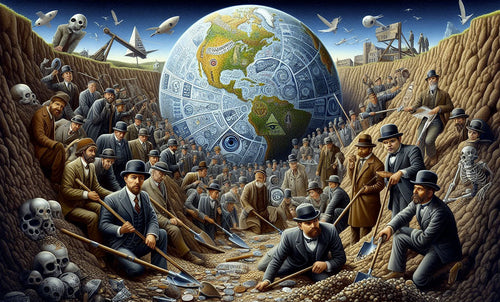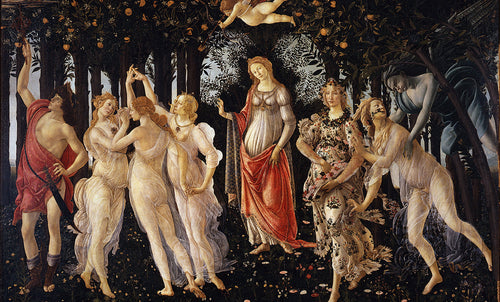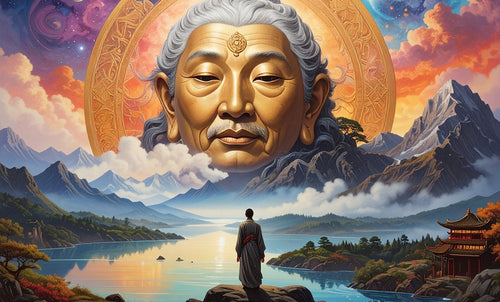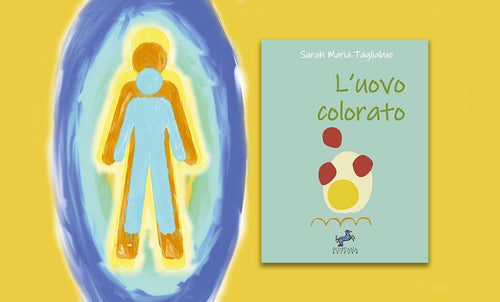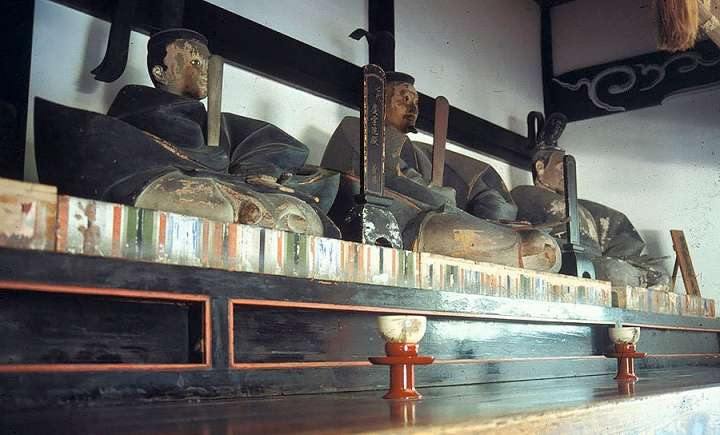
The Japan we fail to see - Dynastic tables
Francesco BaldessariAs soon ancestor worship kicks in, dynastic tables appear. The unenvied privilege of noble houses in Europe, detailed birth records going back many generations are a normal feature of family life in animistic cultures.

To worship your ancestors you must know who they are. Things get very complicated pretty soon, so writing them down is indispensable.
But here comes the interesting part. In dynastic tables nobody has an equal. Because of a combination of blood affiliation and age, everyone has a unique position. Consequently, this type of society has strong hierarchies, but weak interpersonal relationships.
They develop complex language to describe the relationship between individuals and clarify it when need be.
The emphasis on bloodlines and lineages causes the division of society in clans.
Clans are groups within society that claim a common ancestor. Because they're based on blood, they are tightly sealed units. You cannot enter and you cannot leave. The clan is everything you will ever know.
Blood-based societies are in other words tribal. They tend to be unstable and suffer from cycles of warfare.
Do these descriptions remind you of anything? Any country in particular? Japan? Scotland?
Francesco Baldessari

